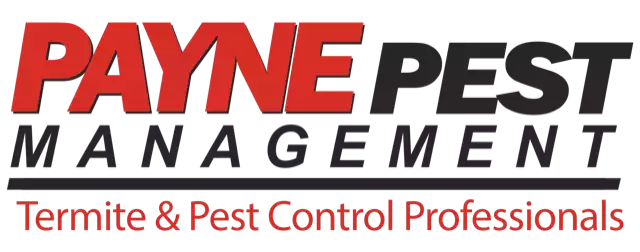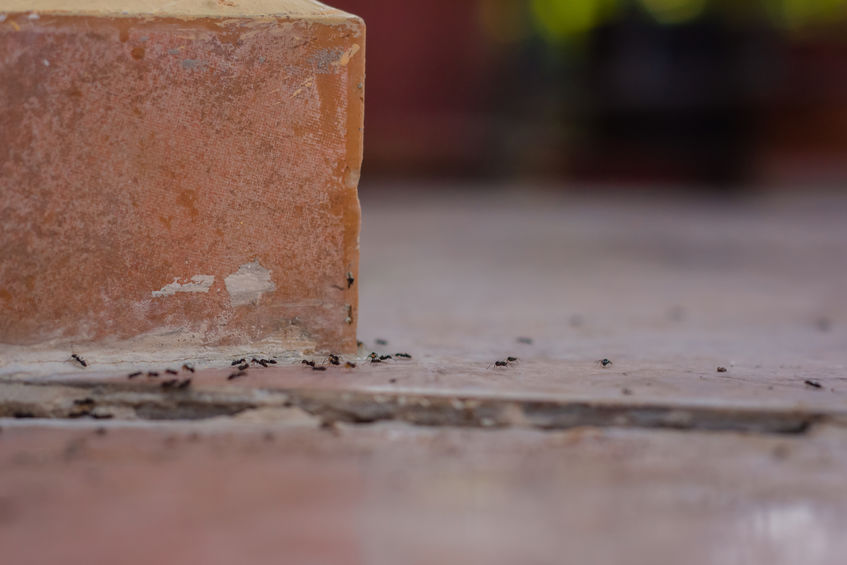Ant colonies have an interesting life cycle. Every ant colony starts with a solitary queen. She has just mated, and her male partner died. This will be the only time she will mate in her life, retaining the sperm in an internal pouch and using it periodically to fertilize eggs before hatching them.
Surviving up to this point has been a struggle against insurmountable odds. Out of the hundreds or thousands of swarmers, she is one of the handful that survived. Now she has to start a new nest, lay a few eggs, and then gather food and rear the young after they have hatched.
Once the new hatchlings reach maturity, another big developmental step in the life of the colony has been reached, and the queen can lay back and take a purely reproductive role. From here on out, her offspring will take care of every other duty.
If the colony has made it this far, it is pretty much established, and barring some catastrophe, it will continue to grow and expand, with the workers constantly streaming out and foraging for food. It is at this point that a colony will become a problem for a homeowner.
There is however another stage in the life of the colony, and that is the mature stage, when the queen will start giving birth to swarmers. The name “swarmer” comes from the fact that this caste of the colony flies out in giant swarms, and this caste is responsible for starting new colonies. The original queen was part of this caste, and it once too set out of a mature colony.
There are other ways in which ant colonies spread, with some species having colonies with multiple queens. These species are capable of building new colonies by sending out a queen with a group of workers, and this group will build a completely new nest in a different location. These ant species tend to be harder to deal with, because once the initial colony is disturbed, several queens will be dispersed and start new nests in the vicinity.
The knowledge of how ant colonies spread can help pest control pro remove infestations from the home. If you currently have an ant infestation, or if you would like to know more about what ant control methods entail, contact us today, and we will help you out.







